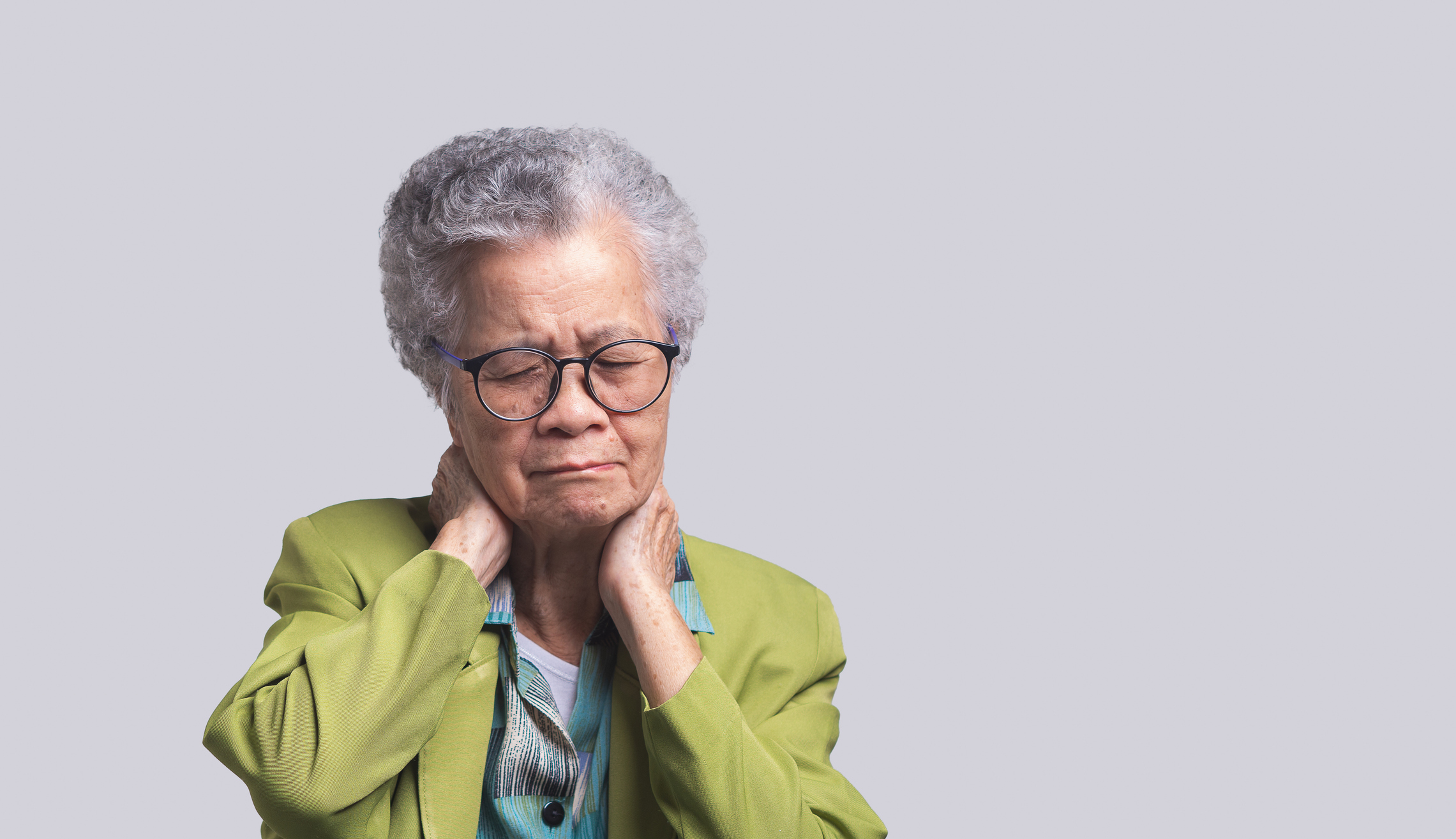
New research suggests that people over 50 with anxiety may be up to twice as likely to develop Parkinson's disease compared with their peers without anxiety. The findings come from a study published in the British Journal of General Practice, which analyzed primary care data from the United Kingdom.
Researchers identified 331 patients who developed Parkinson's disease after being diagnosed with anxiety and compared them to a control group of 987,691 people without anxiety. They found that those with anxiety were twice as likely to develop Parkinson's disease, even after adjusting for age, lifestyle factors, mental illness, and other factors.
Additional risk factors for Parkinson's disease in people with anxiety include depression, sleep disturbances, low blood pressure, tremor, rigidity or balance impairment. Those who had dizziness or shoulder pain and urinary or erectile problems were less likely to develop the condition.
The study's co-lead author Anette Schrag said that further research is needed to explore how anxiety relates to other early symptoms of Parkinson's disease and its underlying progression in its earliest stages. Early detection and treatment of the condition could lead to better outcomes for patients.
Parkinson's disease is a neurodegenerative disorder characterized by motor symptoms such as tremors, rigidity, bradykinesia (slowness of movement), and postural instability. Non-motor symptoms like anxiety, depression, sleep disorders, cognitive impairment, and loss of smell are also common.
People with anxiety should not worry about developing Parkinson's disease but should be aware that it is a potential risk factor. If you have concerns about your mental or physical health, consult your healthcare provider for advice.



